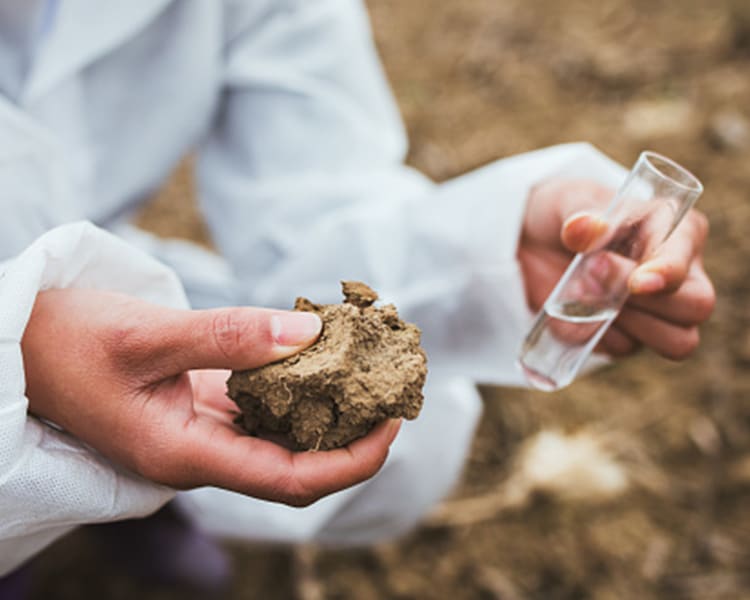
When you are ready to buy a home, you are ready to make one of the biggest investments of your life. Naturally, you want to be certain that you make a fair offer and that there won’t be any surprises once you have closed on the sale and moved in. Independent home inspection is an important part of the home buying process. Lenders generally require a home inspection before they approve a mortgage, and it makes good sense anyway, because some problems aren’t readily apparent to an untrained person. The home inspector who is also a licensed microscopist can give a more thorough indication of property condition by testing for mold and asbestos, and examining soil and air samples.
Mold is everywhere, but not all mold is harmful. The mold testing done as part of a home inspection looks for strains of mold that cause health hazards. The typical mold you might see around a leaking faucet may not be cause for concern, but other mold strains that may be found in basements or after a natural disaster may be dangerous. A licensed microscopist knows how to tell different types of mold apart, so that you can be assured mold found in a home you’re interested in isn’t dangerous, or so that you can address a problem with hazardous mold as soon as possible.

Preliminary asbestos testing done by a licensed microscopist is generally designed to determine the density of fibers in the air in general. If fiber levels are high, then further testing can be done to determine if any of them are asbestos fibers. A licensed microscopist can use phase contrast microscopy to determine fiber density. Then, transmission electron microscopy can be used if necessary to differentiate asbestos fibers from other fibers. This type of microscopy can even be used to differentiate different types of asbestos fibers found in the air.
Soil testing may be done if a home is built atop former farmland or land formerly owned by the military. Around homes built before 1978, soil testing may be done to determine if lead has contaminated the soil around the home. Home inspectors who are licensed to perform soil testing know how to collect and preserve soil samples so that an accurate picture of the soil’s makeup can be determined and so buyers will know if there could be potential problems with gardening or with small children playing outside.
Air testing may be done for asbestos, or it may be done to learn about levels of radon gas. Air may be collected in a container or passed through a filter that is then analyzed. Indoor air pollutants can make a real difference in quality of life, and if there are any questions about indoor air quality, a licensed home inspector who is qualified to perform air testing can answer these questions. Microscopy is an important part of a comprehensive home inspection, and you should choose your home inspector wisely. MD Mold Testing serves the greater Washington DC area, Maryland, Delaware, and northern Virginia with licensed home inspections by inspectors with over 25 years of service.